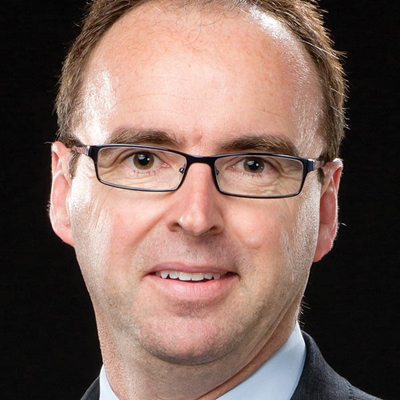Veterans go as Russell expands emulation model
by David Chaplin
Russell Investments has restructured portfolio management reporting lines and is looking to move to an ’emulation’ model across its funds. Two long-time senior investment people in the Sydney office have been let go.
Peter Gunning, Russell chief executive for Asia Pacific, said the restructure had seen some senior staff moves in Australia and overseas. He flagged the changes at the group’s NZ annual conference in Auckland last week.
In Australia, Graham Harman, Russell senior investment strategist, and Andrew Sneddon, managing director/senior multi-asset portfolio manager, have left the business.
Both Harman and Sneddon were Russell veterans with the latter clocking up two decades with the Seattle-headquartered investment firm this year. Harman joined Russell in 2010 after a stint as head of investment strategy for Citigroup Australia. Previously, he served in funds management, research and asset consulting roles with IAG, AMP and Towers and was an economist for J P Morgan Australia.
In a note to clients, Russell says it had adopted a “new simplified organisational structure for the investment business” built around “our core capabilities: portfolio management, research and implementation services”.
“As a result of this restructure, there are changes to responsibilities within the Investment Division. Gerard Fitzpatrick is named portfolio manager for the [Russell Global Fixed Interest Fund], replacing the previous portfolio manager, James Mitchell, effective March 15, 2019,” the note says.
Fitzpatrick, formerly Russell chief investment officer fixed income, reports to multi-asset portfolio manager, Brian Meath. According to the Russell note, the new structure would result in:
- all equity and fixed income managers reporting “into a single function”;
- the group’s various research teams housed under one division; and,
- broadening the implementation team to include “transition management, global trading, enhanced portfolio implementation and overlay services”.
Gunning also told the NZ conference that Russell would shift to a portfolio investment ’emulation’ approach, which centralises multi-manager securities trading, where possible.
A 2018 Russell white paper says rather than using separate accounts for each underlying fund in a multi-manager structure “emulation seeks to harness manager insights and consolidates them into a single portfolio”.
Back when it still had an investment consulting arm in Australia in the 2000s, Russell launched a range of emulation funds which copied the stock decisions of other managers and implemented them, more efficiently, up to two weeks later. The funds added value and Russell offered the service more widely. More than any of the other consulting firms, Russell had always placed a higher importance on operational efficiency.
Alister van der Maas, Russell NZ chief, said emulation could shave 20-40bps off implementation costs that goes “straight to the investors bottom line”.
“Russell has the aspirational goal of introducing portfolio emulation across all its products,” van der Maas said.
He said emulation was not suitable for all markets or managers but worked well for traditional multi-manager asset classes.
“For example, we’ve been using emulation in the Australian shares fund for 10 years,” van der Maas said.
If implemented well, emulation results in “frictionless trading” across a multi-manager portfolio, he said.
Emulation can lead to a “meaningful reduction in portfolio turnover”, the 2018 Russell paper says, which cites other flow-on benefits such as:
- lower total commissions and service provider fees;
- reduced spread;
- better after-tax outcomes; and,
- preservations of manager insights.
But van der Maas said further research was required before introducing emulation to the Russell NZ funds.
- Investment News NZ










